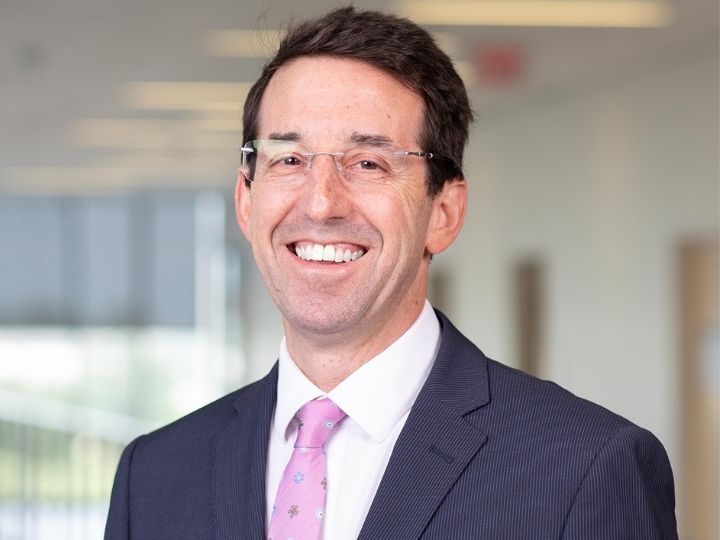

Poverty, mental health and the fragmented structure of health care systems are some factors keeping many Americans from receiving appropriate health care, resulting in significant health disparities that increase costs for everyone. Efforts to better engage with this currently underserved population have been ineffective, but researchers are now challenging providers to integrate a community-engaged health care model to more effectively treat those with chronic diseases and health issues created by social circumstances, such as homelessness.
The community-engaged health care (CEH) model transfers power over health decision-making processes to patients to advocate for their own health or social solutions, and enables them to design their own interventions with support from health providers rather than expert directives. The conceptual framework developed by researchers at the University of Houston and University of Southampton is detailed in a research review published in the journal SSM – Population Health.
Dr. David Buck, senior author of the study and associate dean for community health at the UH College of Medicine, said this “powerful new model” may be radical, but necessary to improve service delivery, leadership and governance.
“In emergency situations when lives are on the line, of course you still need an expert doctor or captain of the ship to make the best quick decisions for patients. But that model doesn’t work for improving chronic diseases. You can’t just give a vaccine to change behavior, which is what’s really needed,” said Buck. “So rather than an expert model, we need a partnership model where patients are empowered to have a stronger voice in their care. If we don’t listen to what matters most to them, they’re not even going to come to the table.”
Traditional health care assumes that the physician is the most important person in the relationship and the doctor alone determines the best treatment path. After all, they’re the medical expert, right? While effective in many circumstances, this strategy is inefficient when dealing with chronic and/or socially determined health, according to the researchers.
In the United States, 5% of the population are responsible for half of health care spending, of which 47% are underserved patients. These patients frequently lack services beyond expensive and episodic emergency and hospital care that fail to address underlying illness and barriers, or the societal factors that contribute to poor health – housing, employment, food insecurity and the environment.
Joining Buck, a medical doctor, on the study are co-authors Stephanie Barker and Nick Maguire, University of Southampton School of Psychology; Robin Gearing, Monit Cheung and Sarah Narendorf, UH Graduate College of Social Work; and Dan Price, UH Honors College.
“Any community-engaged health model needs to account for the shift in power from the medical establishment within the community being served. This is no less than a revolutionary step, as medicine and medical services have set themselves up as the agents of change related to health. The CEH proposition is that the agents of change are members of the community themselves, engaging medicine only when they deem it necessary,” the researchers wrote.
Buck contends this research analysis serves as an evidence-based “playbook” of sorts for the new University of Houston College of Medicine, founded last year on a social mission to improve health in underserved communities in Houston and across Texas.
“We have established a mission at the medical school to address the needs of the underserved and to partner with communities, so it’s important that we share with the broader health care system why that’s important and what works best. The current health care model is very outdated, but we’re working to make it more efficient,” he said.